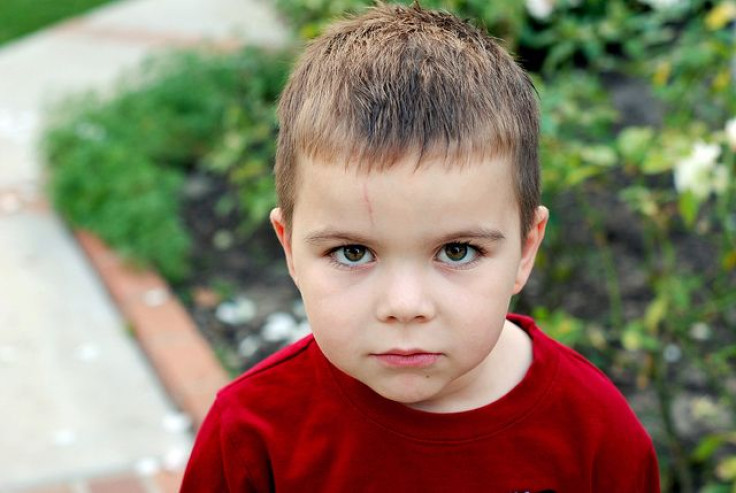Children Who Drink Four Sodas A Day More Likely To Display Aggression And Withdrawal

Many parents would frown at the idea of giving their children coffee, yet those same parents might have no qualms about giving them a can — or four — of soda each day. But considering that four cans of soda have the same amount of caffeine as one cup of coffee, parents end up in the same place. If you were to take away that soda, the child may go into withdrawal, at least, that’s what researchers of a new study are saying. But it’s not only that, many children who drink four or more sodas per day are likely to have problems with aggression too.
Read More: 4 Dangerous Effects Of Artificial Sweeteners On Your Health
“We found that the child’s aggressive behavior score increased with every increase in soft drink servings per day,” Dr. Shakira Suglia, study author and assistant professor of epidemiology at Columbia University’s Mailman School of Public Health, said in a statement.
Soda's Link To Aggression and Withdrawal
Out of almost 3,000 five-year-old children, 43 percent drank at least one can of soda per day and four percent drank four or more sodas per day. The researchers found that as the children’s soda consumption increased, incidences of aggression and withdrawal also grew.
Read More: Kindergarteners Who Guzzle Sodas, Sugary Drinks 43% More Likely To Be Obese
“We found significant relationships between soda consumption with the overall measure of aggression and with the 3 specific behaviors that we consider most indicative of aggression: destroying things belonging to others, getting into fights, and physically attacking people,” they wrote. “Children who consumed the highest quantities of soda also were more likely to exhibit higher scores on the attention problems and withdrawal subscale.”
The researchers analyzed data from the 60-month follow-up to the Fragile Families and Child Wellbeing Study, which follows mother-child pairs from 20 large U.S. cities. During the follow-up, mothers filled out surveys about their child’s behavior, soda consumption, TV viewing, probable maternal depression, domestic abuse, dietary habits, paternal incarceration, and domestic abuse.
Of those children whose mothers responded to the survey, 52 percent were boys and 51 percent were African-American.
“We were not able to characterize the nature of the associations between soda consumption and the problem behaviors,” the researchers wrote. But they suggested that caffeine could be one of the causes, saying that it’s been linked to insufficient sleep, nervousness, jitters, impulsivity, and risk-taking in children and adolescents. They also cited a study that found that depressed children were more likely to consume caffeine.
Sugar could have been another cause, they suggested. Drinking four or more sodas a day could have raised their blood-glucose levels. On the other hand, low blood-glucose levels could cause them to crave soda and have behavioral problems.
Soda Consumption and Obesity
Behavioral problems aren’t all parents of five year-old kids need to worry about either. A recent study found that five-year-olds who drank at least one sugary beverage each day were 43 percent more likely to be obese than those who drank less frequently.
Read More: Longer Gym Class Periods Reduce Childhood Obesity
According to the Centers for Disease Control and Prevention (CDC), childhood obesity has morethan doubled in children and tripled in adolescents over the past three decades. Obese youth are likely to be obese as adults as well, and out of children 5 to 17 years old who were obese, 70 percent showed at least one risk factor for heart disease.
“Even though sugar-sweetened beverages are relatively a small percentage of the calories that children take in, that additional amount of calories did contribute to more weight gain over time,” study author Mark DeBoer, told Reuters.



























